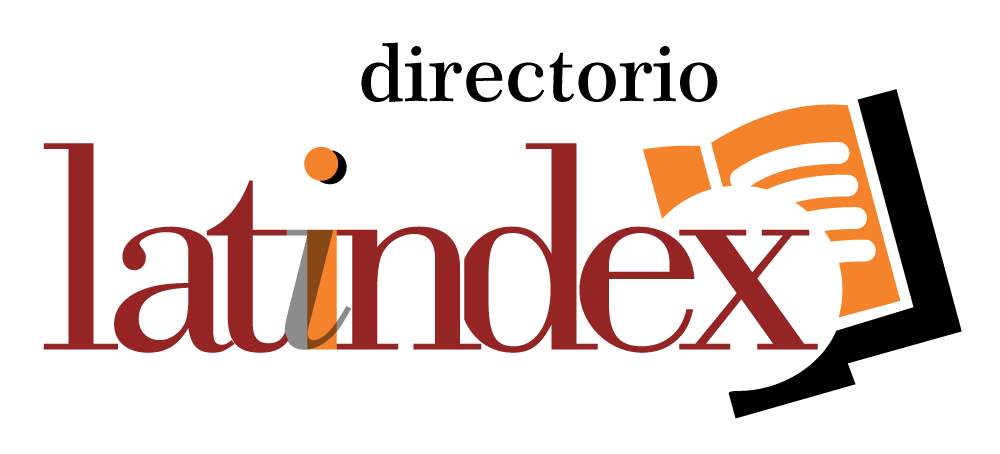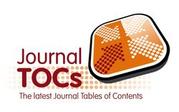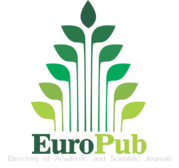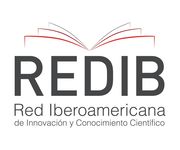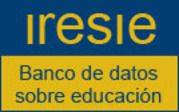DOI:
https://doi.org/10.14483/23464712.23138Published:
2025-01-23Issue:
Vol. 20 No. 1 (2025): January - AprilSection:
EDITORIALDesafíos y oportunidades en la formación de profesores de física en tiempos de complejidad e incertidumbre
Challenges and Opportunities in Physics Teacher Education Amid Complexity and Uncertainty
Desafios e oportunidades para a formação de professores de física em tempos de complexidade e incerteza
Downloads
References
Bar-Yam, Y. (2002). Dynamics of complex systems. Perseus Publishing.
Covitt, B. A., & Anderson, C. W. (2022). Addressing complexity in science education. Journal of Science Teacher Education, 33(3), 239-258.
Forsman, J., Moll, R., & Frasson, C. (2014). Exploring complexity in student interactions through network analysis. Educational Technology Research and Development, 62(3), 275-296.
Goldenfeld, N., & Kadanoff, L. P. (1999). Simple lessons from complexity. Physics Today, 52(11), 32-39.
Holland, J. H. (2014). Complexity: A very short introduction. Oxford University Press. https://doi.org/10.1093/actrade/9780199662548.001.0001
Krakauer, D. C. (2024). The complexity of education: A new paradigm for teaching and learning. Cambridge University Press.
Mitchell, M. (2009). Complexity: A guided tour. Oxford University Press. https://doi.org/10.1093/actrade/9780199662548.001.0001
Newman, M. (2011). Networks: An introduction. Oxford University Press.
Ricca, B. (2012). Beyond teaching about nature of science: science education and the complexity crisis. Science & Education, 21(1), 145-153.
UNESCO. (2021). Reimagining our futures together: A new social contract for education. UNESCO.
Wilensky, U., & Resnick, M. (1999). Thinking in levels: A dynamic systems approach to making sense of the world. Journal of Science Education and Technology, 8(1), 3-19. https://doi.org/10.1023/A:1009421303064
Yam, Y., & Barabási, A.-L. (2020). Network science. Cambridge University Press.
How to Cite
APA
ACM
ACS
ABNT
Chicago
Harvard
IEEE
MLA
Turabian
Vancouver
Download Citation
License
Copyright (c) 2025 Autor y Góndola. Enseñanza y Aprendizaje de las Ciencias

This work is licensed under a Creative Commons Attribution-NonCommercial-NoDerivatives 4.0 International License.
Gondola, Ens Aprend Cienc. is an open-access publication, free of charge for authors and readers. The publication, consultation or download of the contents of the magazine does not generate any cost for the authors or the readers, since the Francisco José de Caldas District University assumes the expenses related to edition, management and publication. The peer evaluators do not receive any economic retribution for their valuable contribution. The work of all the actors mentioned above is understood as a contribution to the strengthening and growth of the research community in the field of Science Education.
As of December 1, 2018 the contents of the journal are published under the terms of the Creative Commons License Attribution-Noncommercial- ShareAlike 4.0 International (CC-BY-NC-SA 4.0), under which others may distribute, remix, retouch, and create from the work in a non-commercial way, give credit and license their new creations under the same conditions.
The copyright holders are the authors and the journal Gondola, Ens Aprend Cienc. The holders retain all rights without restrictions, respecting the terms of the license in terms of consultation, downloading and distribution of the material.
When the work or any of its elements is in the public domain according to the applicable law in force, this situation will not be affected by the license.
Likewise, we encourage authors to deposit their contributions in other institutional and thematic repositories, with the certainty that culture and knowledge is a good of all and for all.

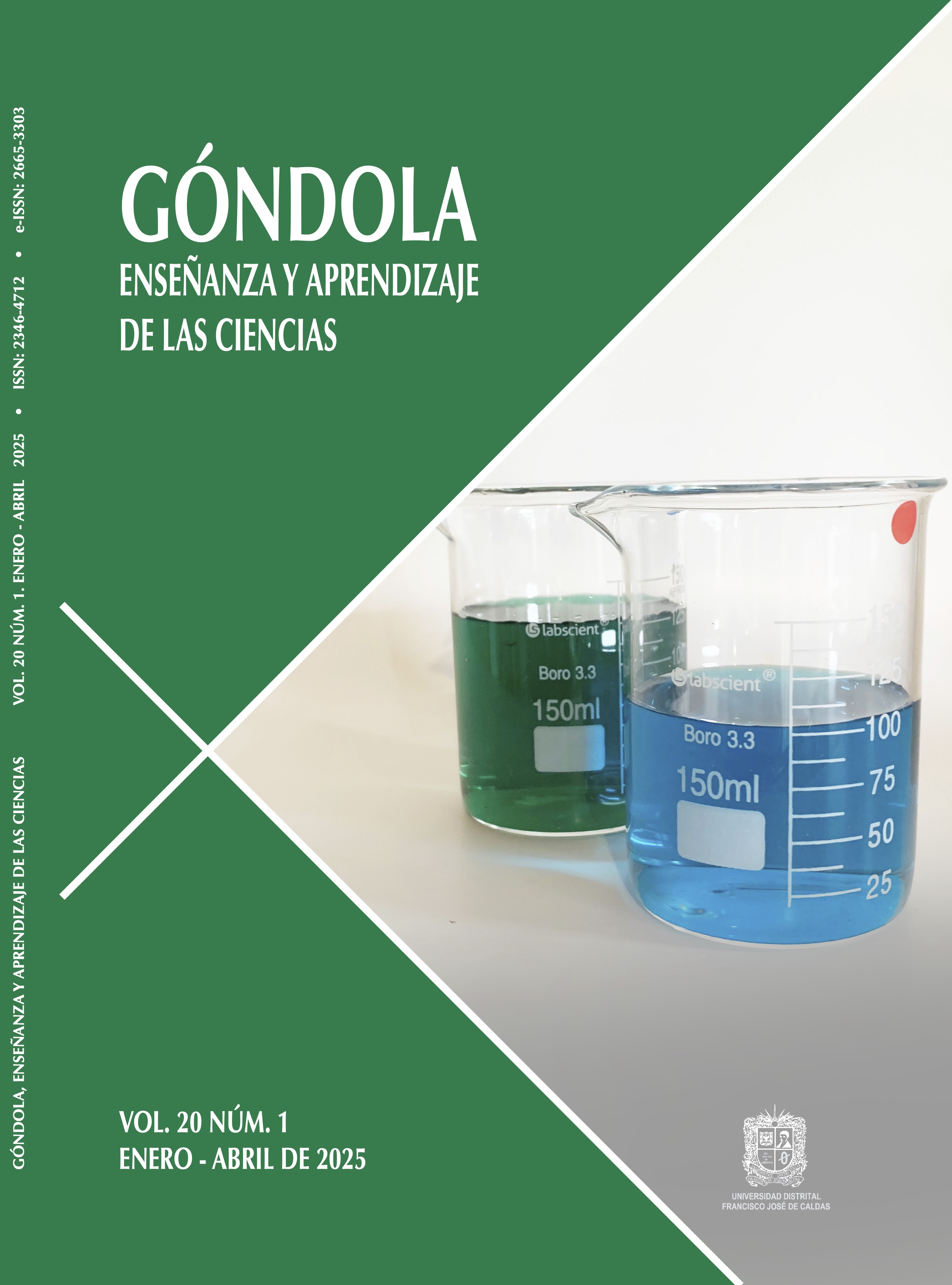


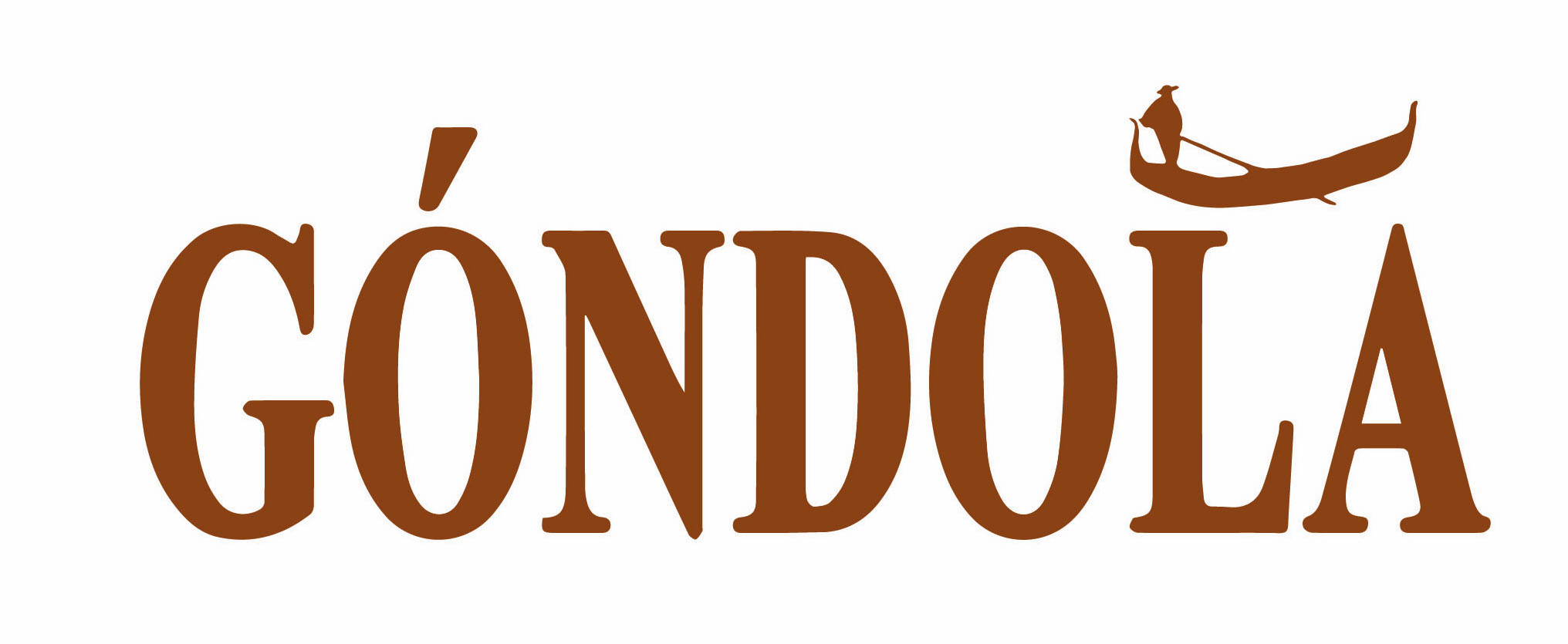
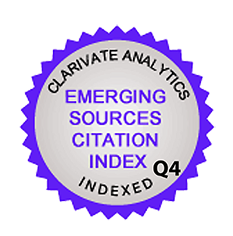


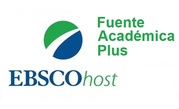
.jpg)
